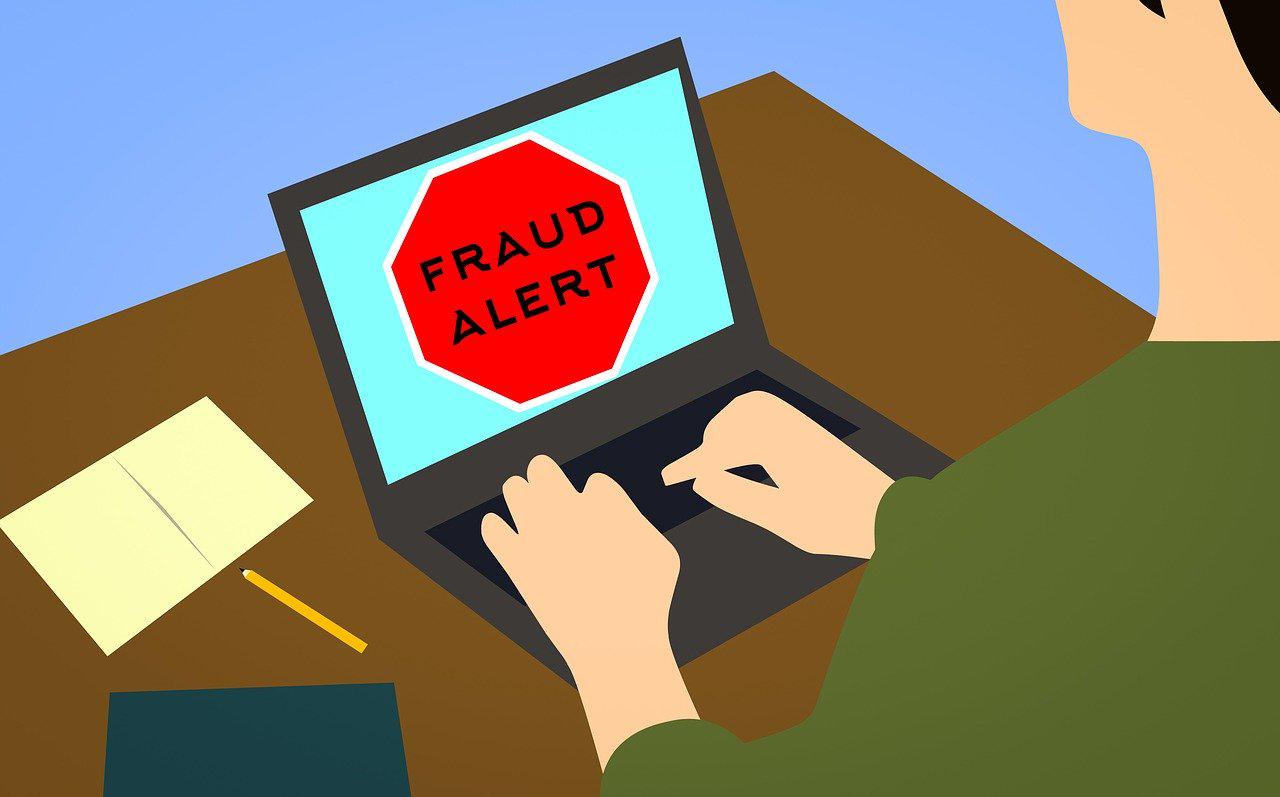Table of Contents
Raise the alarm if you think your identity has been hacked. A fraudster armed with your personal information can do a lot of damage to your finances.
Not sure what that means? Here are three things you need to know about your credit score and identity theft.
1. Identity Theft Goes Digital
Having your credit card stolen from a purse, wallet, or pocket leaves behind a glaring clue that your financial identity is at risk. As soon as you notice it missing from its usual home, you can call the company to cancel the card and flag your consumer file for fraud.
But it’s rare to have the luxury of such an obvious theft. Most identity theft today happens online.
Phishing scams and predatory websites work tirelessly to defraud you of your personal information. Meanwhile, hackers all over the world target financial institutions to steal their customer records.
It might not be immediately clear if your information has been compromised in these breaches.
This is why you should check your report regularly. It’s the only way to catch if a thief has opened a fraudulent personal loan or line of credit in your name.
2. It Can Tarnish Your Reputation
Without checking your report for signs of identity theft, you’ll be in the dark about what your thief gets up to with your finances. And trust us, they won’t be making goodwill payments against your personal loan or line of credit.
Once a thief has your personal information, they may rack up serious bills in existing accounts while opening as many new ones as they possibly can.
If any of these accounts get reported to the three major reporting agencies, your file will be filled with negative entries. Delinquencies of unpaid bills may eventually turn into charge-offs and collections.
You may not realize anything is wrong until you try to get a personal loan or line of credit and your financial institution denies you for having subprime credit.
3. Reversing it Takes Time
In a perfect world, you could ring up a reporting agency, let them know you’ve become a victim, and have all these bad entries reversed in a five-minute phone call.
In reality, it takes a lot longer than five minutes. While you may call a bureau to notify them of your predicament, this conversation only gets the ball rolling.
The whole process takes between 30 and 45 days for the bureau to review your dispute. And that’s only for them to agree that your identity has been stolen. It may take even longer to see bad entries removed from your report.
Protect Your Credit!
Identity theft can do a number on your financial good name, so you’ll want to do everything you can to reduce your chances of becoming a victim. Practice safe online behavior and be careful with how you share your information online.
Last but definitely not least, make a habit of checking your report. You get three free checks from each of the three major bureaus, plus more from third-party services like CreditKarma and Bankrate.
Take advantage of these offers to peek at your report. It gives you the chance of catching a thief red-handed, long before they can take your finances for a ride.
